Laying the Groundwork for Climate Risk Insurance in the Solomon Islands: Insights from CBSI's Learning Experience at the Inclusive Insurance Training
Laying the Groundwork for Climate Risk Insurance in the Solomon Islands: Insights from CBSI's Learning Experience at the Inclusive Insurance Training
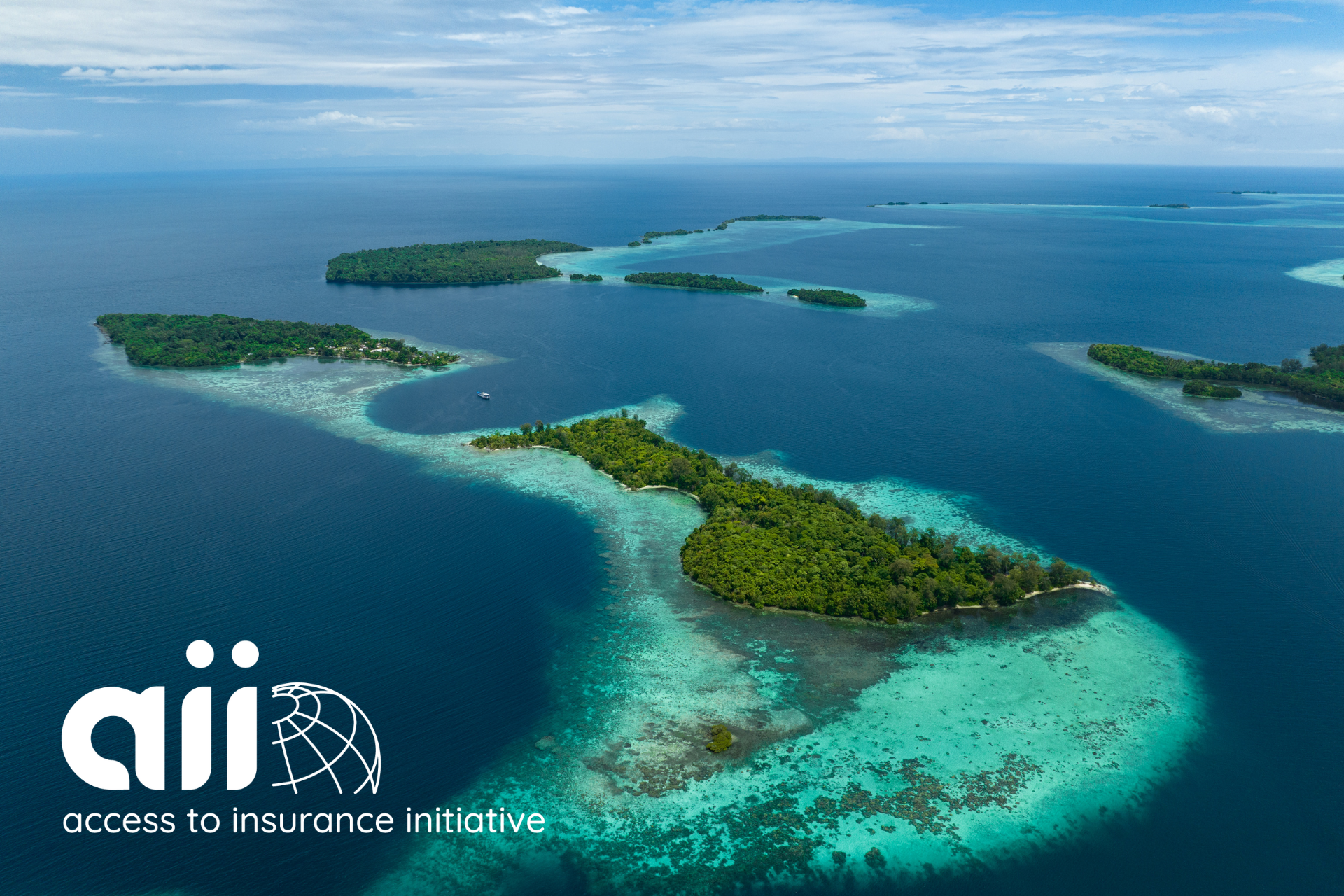
The Solomon Islands, an archipelago in the southwestern Pacific, is renowned for its stunning natural beauty and rich biodiversity. However, underlying the idyllic veneer, the threats of rising sea levels, intensifying cyclones, and shifting weather patterns jeopardise the islands' infrastructure, economy, and way of life. About 65% of the population lives less than one kilometre from the sea, making them particularly vulnerable to these climate-related threats - the Climate Risk Index by Germanwatch ranks the Solomon Islands second among countries most at risk from natural disasters.
These facts underscore the urgent need to bolster resilience against climate risks, particularly for the most vulnerable communities. Expanding access to parametric climate risk insurance is one solution that the Central Bank of Solomon Islands (CBSI) is exploring. This mission led Eddie Maek to participate in the Inclusive Insurance Training (IIT), delivered in 2023 by the Access to Insurance Initiative (A2ii), Toronto Centre, International Association of Insurance Supervisors (IAIS), and the ASEAN Insurance Training & Research Institute (AITRI).
As the Senior Insurance Analyst in the Insurance Unit of CBSI’s Financial System Regulation Department, Maek sits at the nexus of regulatory policy development and day-to-day supervision. He oversees the supervision and licensing of the insurance industry in the Solomon Islands, monitors and assesses risks and compliance, and liaises with both internal and external stakeholders. Maek and his colleagues are currently leading the charge to introduce regulatory reforms to enable inclusive insurance, focusing on implementing parametric insurance.
To better equip himself for this role, Maek joined the IIT. Reflecting on the experience, he said:
“The training was timely as Solomon Islands is transitioning to be part of the PICAP support programme in the Pacific in terms of the Parametric Insurance Pilot Projects. The virtual training was informative, providing the foundation for supervisors to learn about inclusion in insurance. It covered key areas important for developing inclusion and addressing service gaps. Furthermore, it offered an avenue to learn from experts and colleagues who have firsthand experience in developing inclusive insurance in their jurisdictions.”
A key outcome of Maek’s IIT journey was the development of an action plan based on Toronto Centre’s methodology, focused on inclusive insurance regulatory implementation. After the training, A2ii experts worked with Maek, holding five calls over three months to refine the action plan. This process included:
- Refining the problem statement
- Sequencing the action plan by considering time-sensitivity, current priorities, linkages with existing initiatives, stakeholder dynamics and resources and time-sensitivity.
- Providing guidance on technical regulatory solutions e.g. structuring the definition and framework for inclusive insurance, options for regulatory instruments depending on the flexibility needed, optimising reporting templates
- Providing CBSI with examples and materials from peer supervisors
The final action plan* was then adapted and improved in the following ways:
- Overall focus was shifted to reflect current priorities and market trends
- Timelines were adjusted to reflect practical timeframes
- The action plan was split into three interrelated but separate workstreams to better match identified problems and priorities
- Action items were adjusted and sequenced to respond to priorities vs. resources available
*A2ii’s approach is to empower supervisors by focusing on practical, job-specific action plans rather than high-level institutional roadmaps. This strategy often proves more effective and impactful for individual supervisors.
"To have a better action plan, one has to think through the steps to formulate an action plan that is actionable and relevant. This helps you plan your priorities more clearly and optimise resources carefully." -Eddie Maek
The next steps for Maek are to discuss the action plan with his colleagues and integrate it into their work plan. In the meantime, his supervisory learning journey continued by taking advantage of other capacity building resources offered, such as the Index Insurance Training offered by A2ii and UNCDF.
Make sure to subscribe to the A2ii mailing list for the latest information on capacity building opportunities and other offerings.
Share this article
Also in Blog
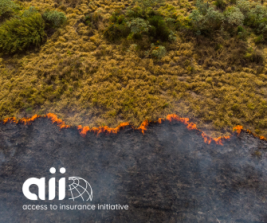
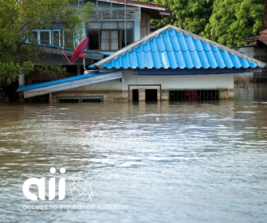
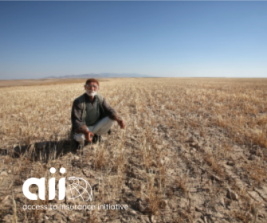

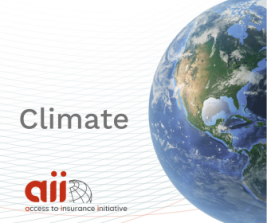
Authors
Posts by Author
Topics Cloud
Subscribe to our list
Receive notifications when we publish new blog entries
Subscribe here


